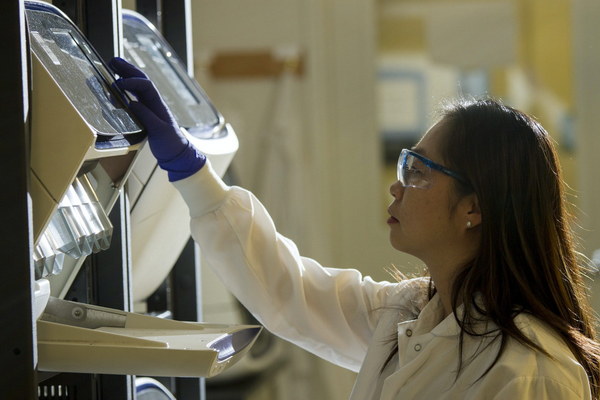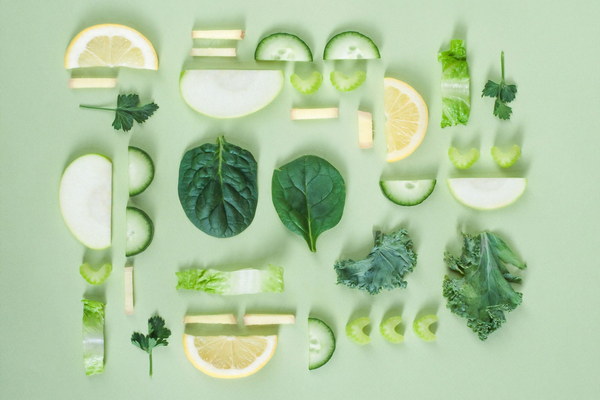How to Determine If Your Liver is Being Protected Key Indicators and Lifestyle Choices
The liver is a vital organ responsible for filtering toxins, producing bile, and metabolizing nutrients. Ensuring the health of your liver is essential for overall well-being. However, it can be challenging to determine whether your liver is being adequately protected. This article will discuss key indicators of liver health and the lifestyle choices that can help in maintaining it.
1. Pay attention to your skin and eyes
One of the primary indicators of liver health is the appearance of your skin and eyes. Jaundice, characterized by yellowing of the skin and whites of the eyes, is a sign that the liver is not functioning properly. Dark urine and pale stools can also indicate liver problems. If you notice any of these symptoms, consult a healthcare professional.
2. Monitor your energy levels
If your liver is not functioning well, you may experience fatigue and low energy levels. The liver produces energy from the nutrients you consume, so when it's not working correctly, your energy levels may suffer. If you feel consistently tired, it may be time to evaluate your liver health.
3. Assess your digestion
The liver plays a significant role in digestion. If you're experiencing digestive issues like bloating, constipation, or acid reflux, it may be an indication that your liver is not functioning optimally. A healthy liver helps produce bile, which aids in the digestion and absorption of fats.
4. Keep an eye on your weight
An unhealthy liver can lead to weight gain and obesity. Excess fat in the liver, known as fatty liver disease, can impair its ability to process toxins and produce bile. If you're struggling to maintain a healthy weight, it may be worth checking your liver health.
5. Check for high cholesterol levels
The liver is responsible for producing cholesterol. If your liver is not functioning properly, it may lead to high cholesterol levels, which can increase your risk of heart disease. Regular cholesterol screenings can help you monitor your liver's health.
6. Evaluate your alcohol consumption
Excessive alcohol consumption can damage your liver and lead to conditions like fatty liver disease and cirrhosis. If you're a heavy drinker, it's crucial to assess your liver health. Consider reducing your alcohol intake or seeking help if necessary.
7. Maintain a healthy diet
A balanced diet rich in fruits, vegetables, lean proteins, and whole grains can support liver health. Avoiding processed foods, excessive sugar, and unhealthy fats can also help protect your liver. Incorporating antioxidants, such as vitamins C and E, and cruciferous vegetables like broccoli and cauliflower can support liver detoxification.
8. Stay hydrated
Drinking plenty of water helps flush out toxins from the liver. Aim to drink at least eight glasses of water per day to support optimal liver function.
9. Exercise regularly

Physical activity can help improve liver health by reducing the risk of obesity and improving overall metabolic health. Aim for at least 30 minutes of moderate exercise most days of the week.
10. Get regular check-ups
Regular medical check-ups can help detect liver problems early. Your doctor can perform blood tests to assess liver function and identify any potential issues.
In conclusion, determining whether your liver is being protected requires attention to various indicators and lifestyle choices. By monitoring your skin, eyes, energy levels, digestion, weight, cholesterol, alcohol consumption, diet, hydration, exercise, and seeking regular check-ups, you can help ensure the health of your liver. Remember that early detection and intervention can significantly improve liver health outcomes.









